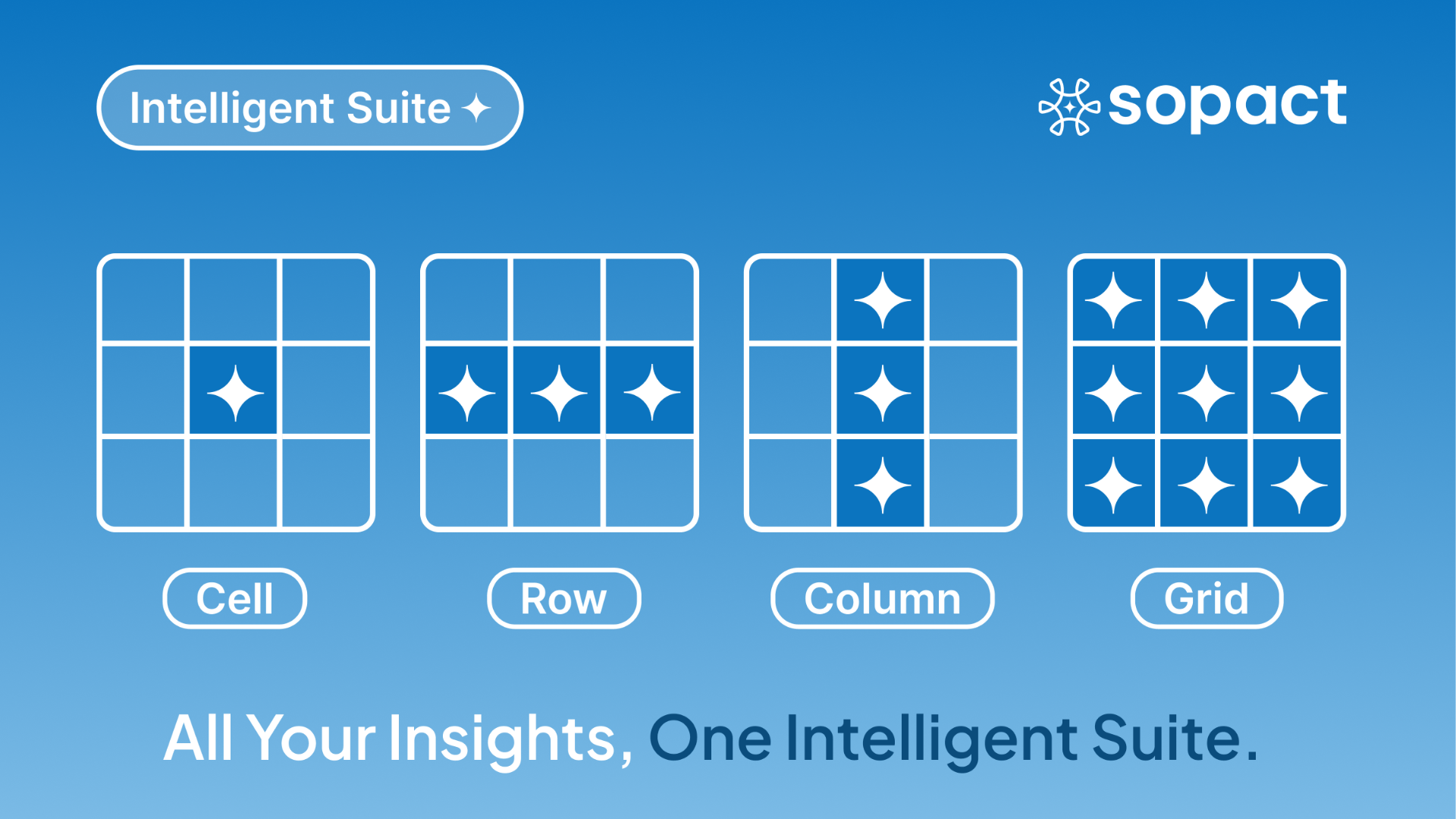

New webinar on 3rd March 2026 | 9:00 am PT
In this webinar, discover how Sopact Sense revolutionizes data collection and analysis.

In today's socially conscious world, measuring the impact of social initiatives and programs has become increasingly important. Organizations across sectors recognize the significance of understanding and quantifying the outcomes and effects of their activities beyond mere financial metrics. This article explores why you should measure social impact and highlights its benefits to organizations and society.
Social impact measurement refers to assessing and evaluating an organization's activities' social, environmental, and economic consequences. It tracks and analyzes the outcomes and impacts of initiatives, programs, or projects to address societal challenges. By measuring social impact, organizations can gain valuable insights into their effectiveness and make data-driven decisions to maximize positive outcomes.
Organizations should adopt a lean approach to achieve success in social impact measurement. Spending too long on a big plan and measurement framework can often fail.
Instead, organizations should identify existing data from sources such as surveys, events, and training. Leveraging modern AI-based platforms like Impact Cloud to uncover available metrics.
Organizations can improve their plans by analyzing data and using an iterative approach to their theory of change and logic model. This lean approach ensures effective planning and drives positive outcomes.

Measuring social impact enhances accountability by providing organizations with a clear understanding of their performance and progress toward their intended goals. It allows stakeholders, including donors, investors, beneficiaries, and the wider public, to assess whether an organization is fulfilling its mission and delivering on its promises.
For a nonprofit organization focused on educating underprivileged children, measuring social impact helps demonstrate accountability. By tracking metrics such as the number of children enrolled, educational outcomes, and long-term socio-economic improvements, the organization can showcase its effectiveness and build trust among donors and supporters.
For a company engaged in corporate social responsibility initiatives, social impact measurement holds them accountable for their actions. By evaluating the outcomes of its environmental conservation projects, employee volunteer programs, and community development efforts, the company can transparently demonstrate the positive changes resulting from its initiatives.
Social impact measurement enables organizations to showcase their value and the difference they make in the world. By quantifying and communicating their impact, organizations can effectively demonstrate their worth to stakeholders, including potential donors, investors, and partners, who may be more inclined to support initiatives with a proven track record of creating positive change.

For a social enterprise that produces eco-friendly products, measuring social impact helps in demonstrating value. By highlighting the reduction in carbon emissions, waste generation, or the number of disadvantaged individuals employed, the social enterprise can showcase its environmental and social contributions, attracting customers who value sustainability.
For impact investors, measuring social impact is crucial for demonstrating the value of their investments. By assessing the outcomes and impacts of their investments in renewable energy projects, affordable housing initiatives, or healthcare services, impact investors can attract more capital by proving that their investments generate both financial returns and positive social change.
Measuring social impact is a catalyst for driving positive change. It allows organizations to identify gaps, inefficiencies, and areas for improvement within their operations and programs. By gaining insights into the impact of their interventions, organizations can continuously adapt and innovate to enhance their effectiveness and generate greater social value.
For an organization working towards sustainable agriculture, measuring social impact is vital in driving positive change. By evaluating the outcomes of their initiatives related to regenerative farming practices, farmer empowerment, and food security, the organization can identify areas where their efforts are most impactful and focus on scaling those interventions.
Measuring social impact for organizations involved in education initiatives helps drive positive change in educational outcomes. By tracking indicators such as improved literacy rates, increased school enrollment, and enhanced educational infrastructure, organizations can identify effective strategies and replicate them to create a larger impact on the education system.
Investors and donors increasingly seek organizations that generate financial returns and create positive social change. By measuring social impact, organizations can provide evidence of their program's effectiveness, attracting potential investors and donors who align with their mission and values. Social impact measurement is a powerful tool to attract funding and resources necessary to scale and sustain impactful initiatives.
Impact investment funds look for organizations that have a measurable social impact. By quantifying the outcomes of their investments in renewable energy, sustainable agriculture, or affordable healthcare, impact investment funds can attract investors who prioritize generating both financial returns and positive societal outcomes.
Philanthropic foundations often seek to support initiatives that create significant social change. By measuring social impact, organizations can provide data-driven evidence of the effectiveness of their programs, enabling philanthropic foundations to identify projects that align with their funding priorities and have the potential to make a substantial difference in the communities they serve.
Social impact measurement empowers stakeholders by involving them in the evaluation and decision-making processes. It gives beneficiaries, employees, community members, and other stakeholders a voice in shaping the organization's strategies and activities. By including diverse perspectives, organizations can ensure their initiatives are responsive to the needs and aspirations of their communities.

For community-level impact projects, measuring social impact empowers local communities by involving them in the evaluation process. By collecting feedback, conducting surveys, and hosting community consultations, organizations can ensure that their initiatives align with community needs and aspirations, fostering a sense of ownership and empowerment among the residents.
Employee Engagement Programs
Measuring social impact also empowers employees by involving them in the evaluation and decision-making processes. By soliciting feedback, conducting impact assessments, and recognizing employees' contributions to achieving social outcomes, organizations can enhance employee engagement and foster a sense of purpose and pride in the workforce.
Measuring social impact is no longer optional; it is necessary for organizations committed to making a difference. By understanding and quantifying their impact, organizations can enhance accountability, demonstrate value, drive positive change, attract investors and donors, and empower stakeholders. Through social impact measurement, organizations can navigate the complex challenges of today's world and create meaningful and lasting social change.
Learn More: Impact Measurement

